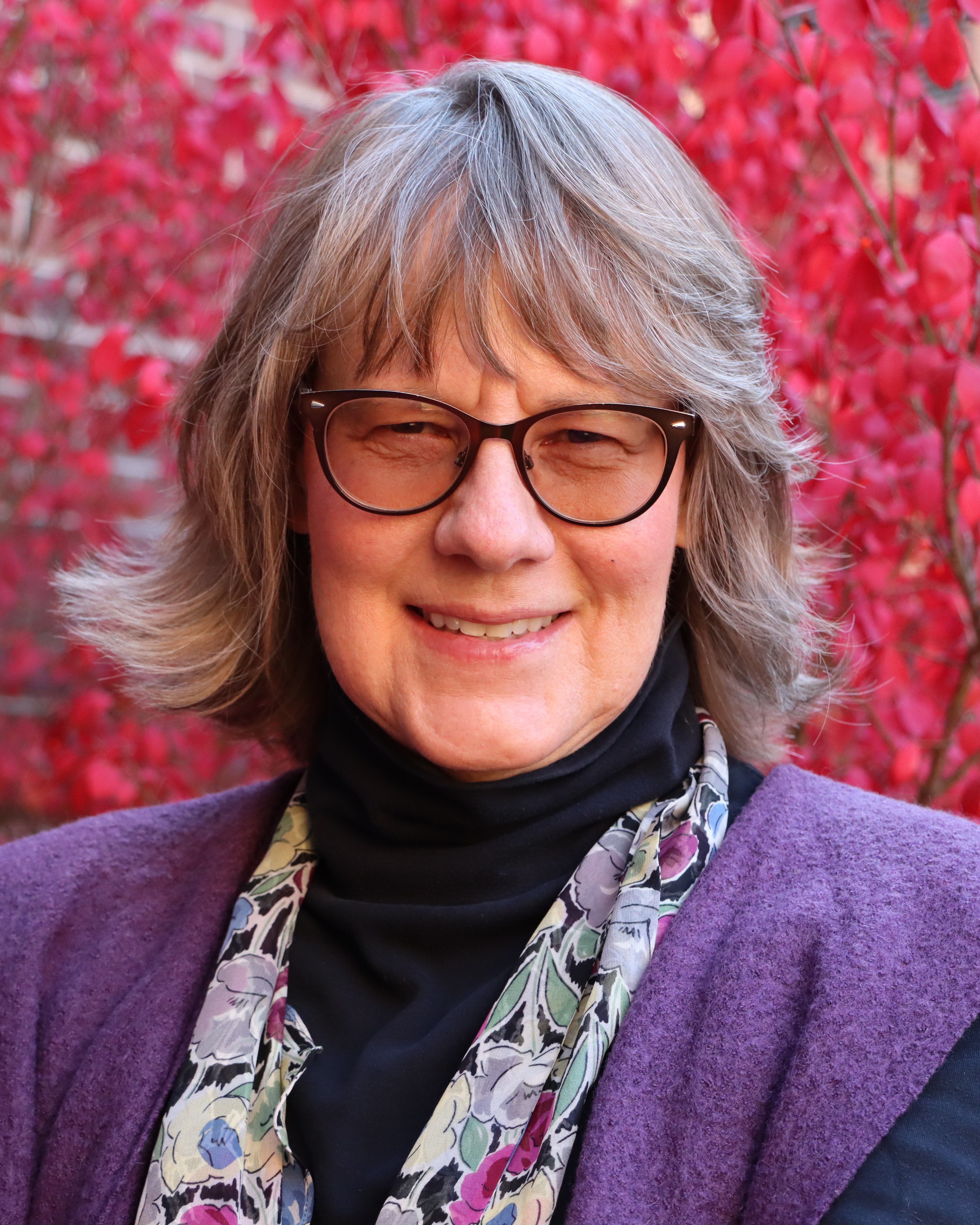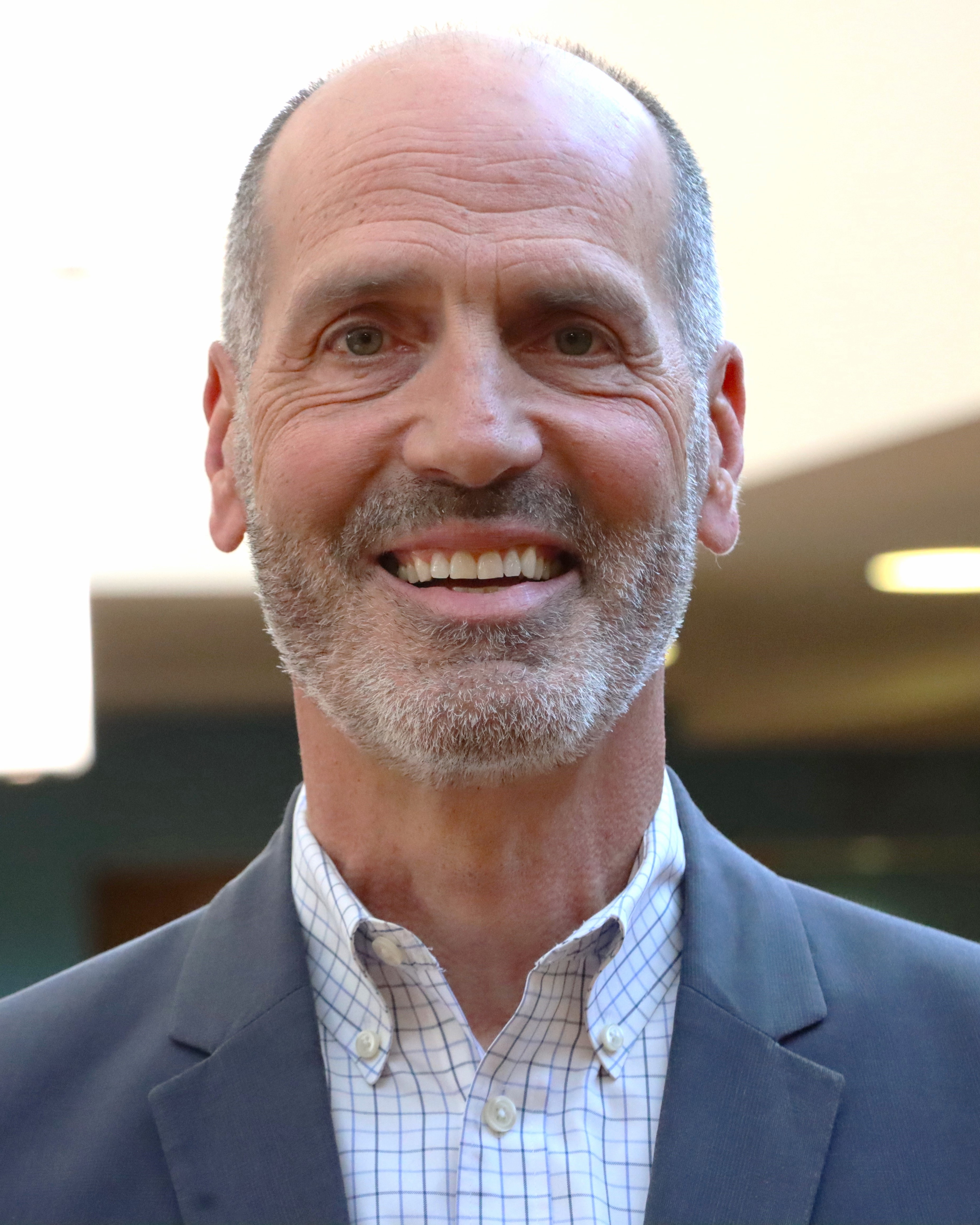Our accelerated dual-degree program allows advanced undergraduate art history majors to simultaneously pursue bachelor's and master's degrees. During their junior year, students can apply for one of the limited spaces in this competitive program under the guidance of their Art History Advisor. You'll develop a deep and refined understanding of how art shapes and reflects cultures on individual and societal levels. You'll have the opportunity to work closely with faculty, curators and visiting artists as you explore historical periods and cultures. The program culminates in a master's level research project.
Upon program completion, students can pursue further graduate studies or work in fields such as education, curation, publishing and more. An optional concentration in Museum Studies opens up further employment options in museums and galleries.
Featured Faculty



Featured Courses
ARTH 3850
Art and the History of Science
About this Course
This class explores the connections between art and the history of science, using a broad span of visual material, mainly European art from the Middle Ages to the present. Coverage of the material is thematic, focusing on three major categories: Art and the Natural World; Art and the Human Body; and Art and the Human Mind. We read a wide variety of art historical articles and selected chapters that examine works of art related in the first section to astrology, astronomy and alchemy; botanical, zoological and geological illustration; and color theory, perspective, optics, maps, contemporary earthworks and ecology. In the second section, we explore the evolution of anatomic illustration, as well as mythic, religious and genre images related to medicine, pharmacy and healing as well as works by contemporary artists who are concerned with genetic codes, hybridization and cloning. In the third section, we examine depictions of human temperaments, emotions and madness through the images of selected artists.
ARTH 3656
Curatorial Practicum
About this Course
Students will work in curatorial teams to plan and execute an effective exhibition of contemporary art. This process may include choosing a theme and selecting works of art, researching artists and themes, budgets, scheduling, developing an exhibition checklist, modeling the gallery, visual exhibition design, conservation and collections management factors, shipping, installation, educational outreach to the public, publicity and other issues related to exhibition planning.
ARTH 4301
Seminar in Art History Methods
About this Course
This seminar considers the history of art history and the development of various methods that art historians use to interpret and understand art. Required of all MA candidates in art history.






